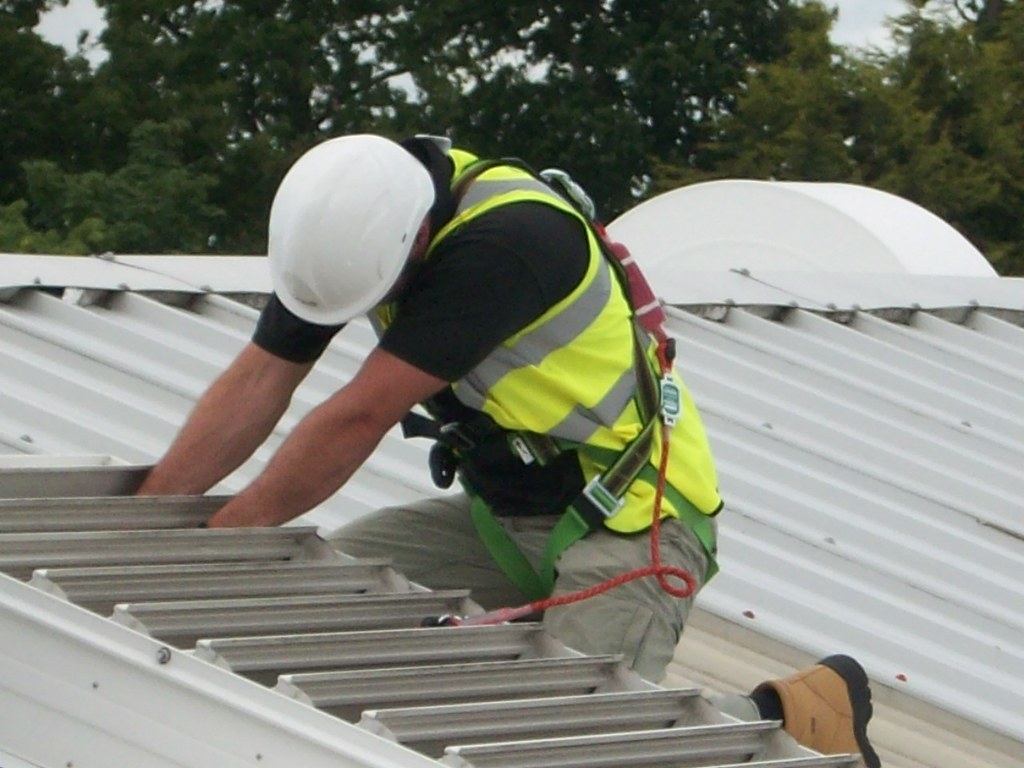The Importance of HVAC Maintenance
Routine HVAC upkeep is essential to uphold a cozy and sanitary living atmosphere. It ensures the system runs efficiently, saving energy and reducing costs in the long run. Many homeowners often look for HVAC service near me to keep their systems in optimal condition. Proper maintenance can also extend the lifespan of your HVAC system.
Neglecting to upkeep these systems may lead to increased energy costs, frequent repairs, and premature system breakdowns. Consistent upkeep helps preserve system efficiency and improve indoor air quality. Regularly maintaining your HVAC system helps identify small issues early on, preventing them from developing into larger problems and maintaining a comfortable home environment throughout the year.
Key Takeaways:
- Understand the importance of regular HVAC maintenance for longevity and efficiency.
- Learn practical tips for routine HVAC upkeep.
- Gain insights from expert recommendations on HVAC care.
Routine Checks and Tasks
Carrying out regular inspections and maintenance can greatly help maintain your HVAC system’s optimal condition. For instance:
- Changing air filters regularly
- Inspecting and cleaning the coils
- Checking and clearing the condensate drain lines
Changing Air Filters
Change air filters every one to three months to ensure optimal airflow and unit performance. Dirty filters can block airflow and force the system to operate more intensely, increasing energy usage and expenses. Moreover, enhancing filters boost indoor air freshness by capturing dust, pollen, and airborne particles. Completing this easy assignment is one of the most efficient methods for keeping the functionality of your HVAC system.
Inspecting and Cleaning Coils
The coils in your HVAC system can gather dirt over time, reducing their efficiency. Regular inspection and cleaning help maintain the unit’s ability to absorb and discharge heat. Dirty coils force the system to work harder, increasing energy consumption and wear and tear. Keeping the coils clean ensures the HVAC system operates efficiently and effectively, providing consistent comfort.
Checking Condensate Drain Lines
Clogs in condensate drain lines may lead to water damage and higher humidity levels inside buildings. Inspecting and ensuring these lines are blockage-free can help avoid such problems. A blocked drainage pipe may also cause the development of mold and unpleasant smells, which can impact the quality of indoor air. By performing this routine task, you can avoid water damage and maintain a healthy living environment.
Seasonal Maintenance Tips
Each season brings its own set of challenges for HVAC systems. Here are some seasonal tips to ensure your system is ready:
- Spring: Clean around the outdoor unit, ensuring it’s debris-free. Spring is also an excellent time to check and replace your air filters if necessary. Ensure that your system is ready for the warmer months ahead.
- Summer: Check refrigerant levels and adjust settings for optimal cooling. Inspecting the outdoor unit and clearing away any debris buildup is also important. Ensure that the thermostat settings are appropriate for summer use.
- Fall: Inspect the heat exchanger and burners for any issues. Fall is the perfect time to schedule a professional inspection before the cold weather arrives. Check for any wear and tear or problems affecting the system’s performance.
- Winter: Ensure the thermostat is working correctly and test the heating function. Inspect and clean the vents and radiators, and ensure the system is ready for efficient heating throughout winter. Consider using a programmable thermostat to manage heating more effectively.
Common HVAC Problems and Solutions
HVAC systems can encounter various issues over time. Some common problems include:
- Uneven Cooling or Heating: This can be due to blocked vents, which are easy to fix by cleaning or repositioning furniture. Also, check if the ducts are properly sealed and insulated.
- Strange Noises: Often caused by loose components or debris in the system, which require professional inspection. Strange noises can also indicate issues with the blower motor or fan, which should be addressed promptly.
- High Energy Bills Might indicate an inefficient system or the need for a thorough cleaning. Regular maintenance helps identify inefficiencies and optimize the system’s performance. It’s essential to monitor energy consumption and investigate any unusual spikes in energy bills.
Energy-Efficient HVAC Practices
Adopting energy-efficient practices can significantly reduce your HVAC system’s operational costs. For example, a programmable thermostat can save energy by adjusting the temperature based on your schedule.
Additionally, ensuring your home is well-insulated and sealing any leaks in the ductwork can make a big difference in your HVAC system’s efficiency. Regularly inspecting and maintaining the system ensures it operates at peak efficiency, reducing energy waste and lowering utility bills. Consider upgrading to energy-efficient HVAC units and integrating renewable energy sources to enhance efficiency.
When to Call a Professional?
While regular maintenance can address many HVAC issues, certain situations require professional intervention. These include:
- Frequent cycling of the system could indicate serious issues, such as malfunctioning thermostats or inefficient system sizing for the space it serves.
- Persistent strange noises or odors. These could be signs of mechanical issues or biological growth within the system, necessitating expert diagnosis and repair.
- Significant drops in performance. If your HVAC system isn’t heating or cooling as effectively as before, it could mean underlying issues need professional attention.
Professionals have the expertise to diagnose and fix complex problems, ensuring your system operates efficiently and safely. They can provide thorough inspections and recommend improvements or replacements if necessary. Ensuring regular professional checkups can prolong the life of your HVAC system and maintain optimal indoor comfort.

